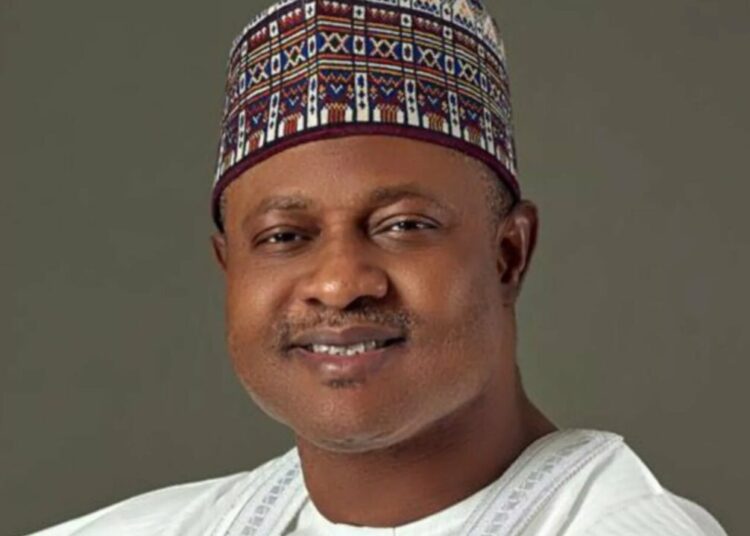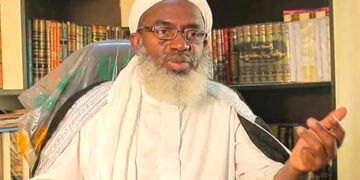Kaduna State governor, Senator Uba Sani has dismissed claims that the northern region of Nigeria is being marginalised under President Bola Tinubu’s administration.
Governor Sani maintained that the region holds key positions and remains central to national decision-making.
Speaking to State House correspondents after a meeting with President Tinubu at the Presidential Villa, Sani countered the widespread perception of neglect of the region, citing “tangible evidence” of northern dominance in strategic federal offices and ongoing development collaborations.
“You cannot be talking about marginalisation when you have the Minister of Defence, Minister of State for Defence, the National Security Adviser, the Chief of Defence Staff, and the Chief of Army Staff—all from northern Nigeria,” Sani declared.
He added that, “Even the head of the Civil Defense and the Controller of Immigration are from the North. Both the Minister and Minister of State for Agriculture are northerners; Health is led by someone from the North. When you look at these records and positions, what are we talking about marginalisation?”
The governor urged northern stakeholders to move beyond blame and focus on solutions.
“Northern Nigeria’s problems are complex and steeped in history, but blaming others is not productive,” he said.
He stressed that, “The evidence shows northerners are well represented and involved in government at all levels. The key is human capital development and unity among northern leaders, businessmen, and communities. Government alone cannot solve these challenges—it requires collective effort.”
Sani also referenced the landmark gathering of northern leaders at Arewa House, Kaduna, on July 29–30, 2025, calling it a turning point for the region.
“The meeting attracted about 80 government officials from northern Nigeria along with major stakeholders—from academics to civil society leaders, market women, youth groups, traditional and religious leaders.
“For the first time in our nation’s history, such a broad representation came together to discuss holistically the challenges of northern Nigeria,” he said.
He said the outcome of the gathering was unanimous in agreeing that no zone in the North was marginalised, based on data and statistics.
The governor shifted focus to the pressing issue of education, noting that the region must address long-standing deficits.
“The most important area we need to address in northern Nigeria is human capital development,” he said, citing UNICEF data showing 18.5 million out-of-school children in Nigeria in 2023, with 70 to 80 percent in the North.
“This is a serious problem that requires focused intervention,” he stressed. “The problem is not new. Even in 2019, when I was in the Senate, the out-of-school children were already about 18 million. So, this is a trajectory we must change.”
He called for collective action from all fronts: “We should not be sitting there complaining, blaming everyone. Instead, we must bring all stakeholders together—business leaders, civil society, government—to chart a pathway forward. Looking at wealth distribution, many of the richest business leaders in Nigeria, including the richest man in Africa, hail from northern Nigeria. We need their involvement in solving these problems.”






